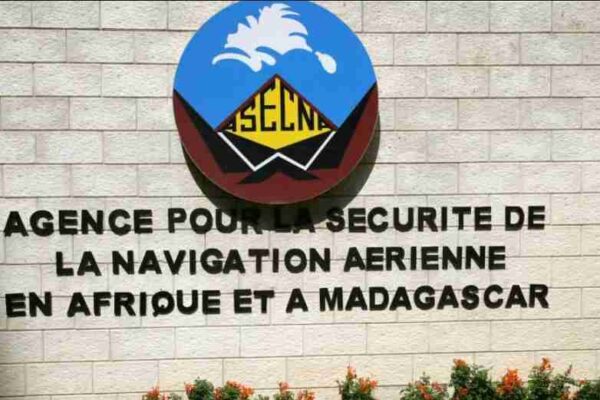They jointly organised a seminar yesterday on constructing safe and durable infrastructure at low cost. The Public Contracts Regulatory Agency (ARMP) and the National Civil Engineering Laboratory (LABOGENIE) are poised to reduce, if not, eradicate, the anarchy that hitherto reigned in civil works infrastructure in the country. Complaints of roads and other infrastructure getting bad soon after construction are not uncommon and stakeholders say there is need for concerted effort to kick quacks off the tract. In a jointly-organised seminar yesterday, the two departments acknowledged that not all is well in the sector
and pledged to work in synergy to produce durable and high quality civil works in the country. Like the General Manager of LABOGENIE, Philippe Nouanga, the Inspector General of ARMP, Jean Ngaketcha said the inadequacies in quality controls on civil engineering works at the level of feasibility studies, maintenance and rehabilitation in recent times are responsible for their early deterioration. Reason why, they said, there was need to seek common solutions to the problems so as to achieve a full mastery of development by carrying out safe and durable infrastructure works at the best cost. Participants were unanimous that the ailing civil works infrastructure in the country is largely due to the fact that geopolitical conditions are either not taken into consideration or are not adequately addressed and so the study of the soils and the construction material used are sometimes not compatible. Presiding at the workshop in place of the Prime Minister, the Minister of Public Works, Bernard Messengue Avom said there is an urgent need for quality control and good governance in the civil engineering sector. He said the seminar was meant for the two structures to come up with recommendations for the stakeholders, as well as, put in place a prevention and regulation process to reduce the cost and to improve the durability of infrastructure. Reason why the seminar took place in three workshops for participants to better appraise the problem and propose lasting solutions. One workshop carried out an inventory of the existing instruments and the main impediments for their implementation, another identified the possible abnormalities between the roles and responsibilities exercised and those lawfully assigned while the other examined the existing regulatory process of the quality control as well as its mode of financing and evaluated the possible limits and their causes.
Godlove BAINKONG, CT



